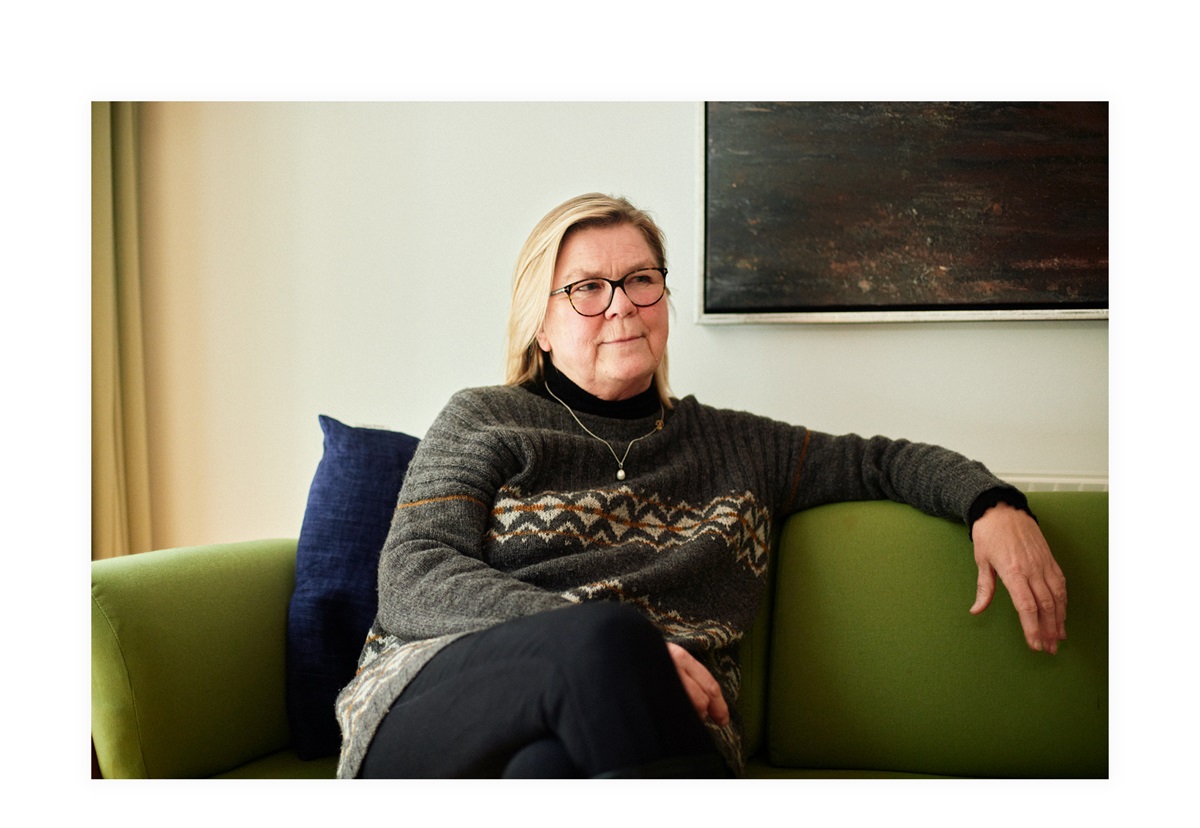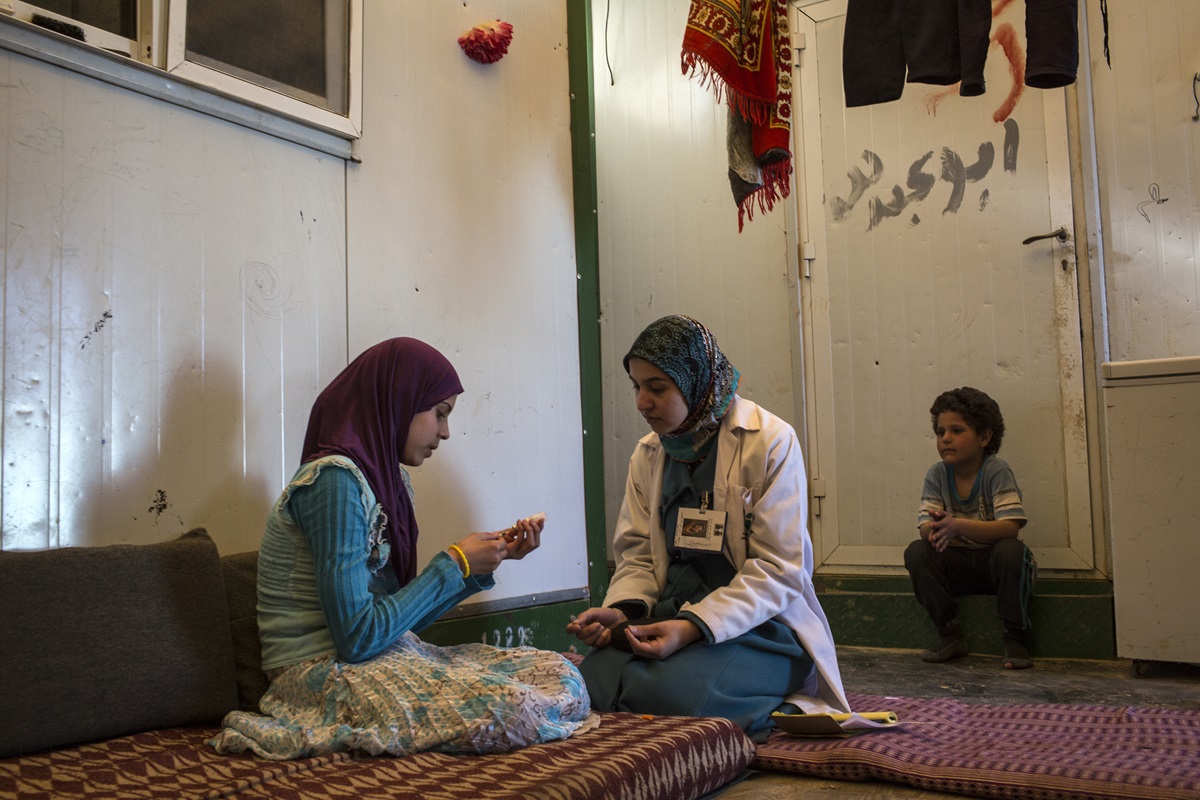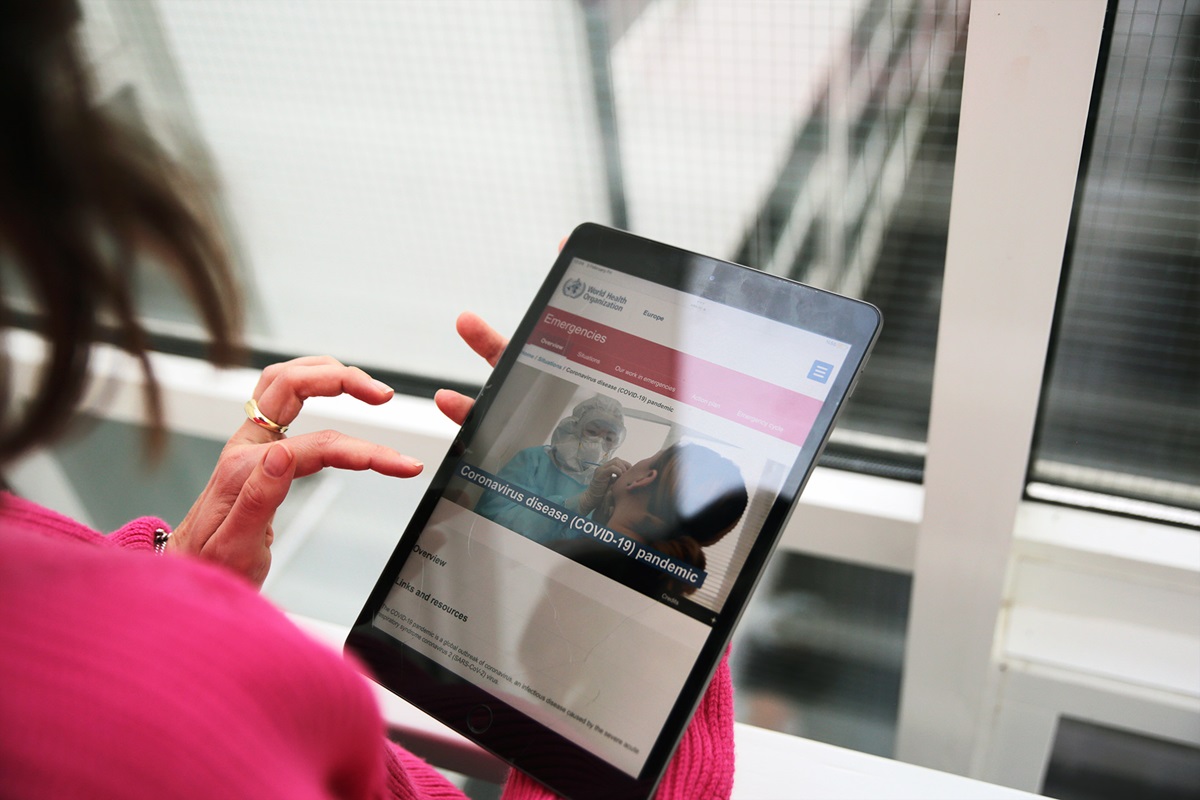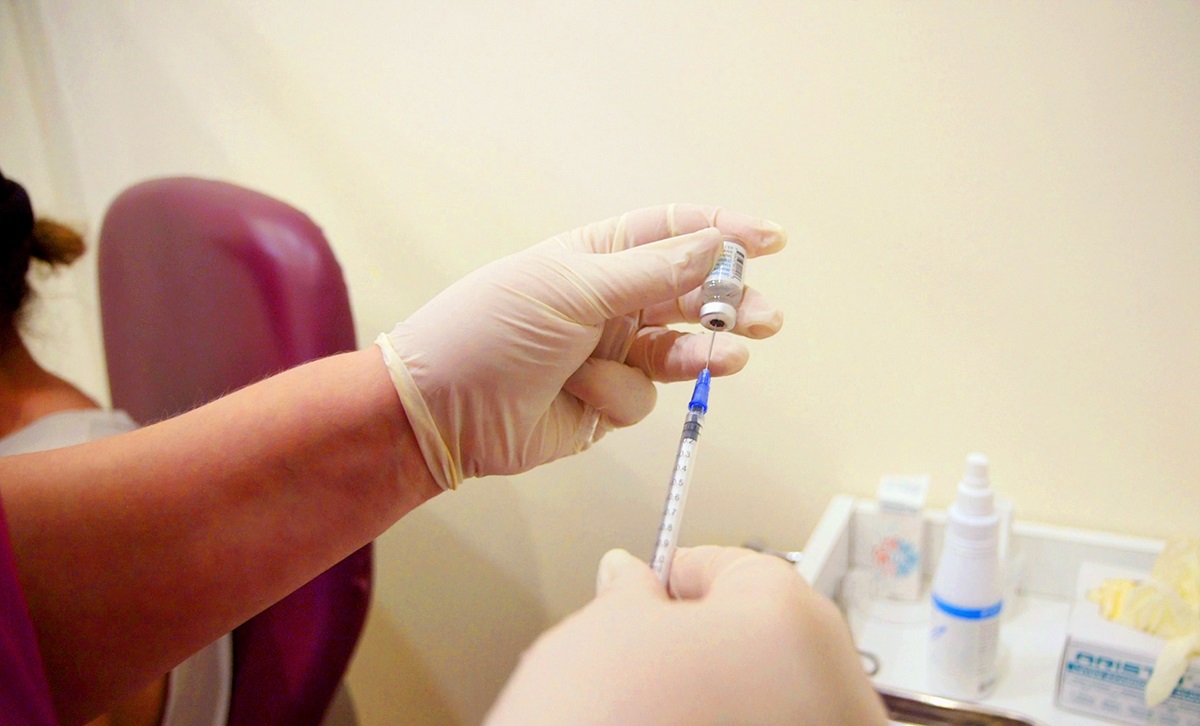No images? Click here
Shining light in the darkness: palliative care in a Danish hospice
02-02-2024
Arresødal, located in the northern part of Zealand, takes its name from the nearby lake, Arresø – the Danish word “sø” meaning lake. It is a place where life has existed since 5300 BC. Discoveries made by archaeologists include an urn dating back to 2800 BC. Between the western shores of the lake and the castle, old oak trees have stood the passage of time in a landscape Danes would probably describe as hilly, since most of the country is considered flat. The early days of 2024 have covered the Arresødal Hospice and its playground in snow, reflecting the dim late afternoon light with a glow. "All patients admitted for palliative care are adults, but we often have children here visiting patients and they love to take a break and head out to the playground," says anaesthesiologist and acting manager Rikke Maaløe. Sitting in one of the many living rooms dotted throughout the hospice, Rikke explains her decision to switch from working at a hospital to a hospice.
Global high-level technical meeting on noncommunicable diseases in humanitarian settings: building resilient health systems, leaving no-one behind
27 – 29 February 2024
Copenhagen, Denmark
The meeting will serve as an opportunity to move forward dialogue on how best to support Member States in delivering NCD prevention and control services as part of humanitarian responses. Outputs will feed into recommendations made as part of the 2024 progress report to the UN Secretary-General and will inform plans for the Fourth UN High-level meeting on NCDs which will take place in 2025.
TÜRKIYE AND SYRIA EARTHQUAKES
Türkiye earthquakes – 1 year on
06-02-2024
COVID-19
Increasing Recognition, Research and Rehabilitation for Post COVID-19 Condition (long COVID)
WHO remains committed to learning more about long COVID and to finding ways to improve the medium- and long-term outcomes for people affected by it.
Partnering with the European Union to support deployment of COVID-19 vaccines and vaccination
The EU and WHO/Europe together provide critical assistance to Member States of the WHO European Region to ensure local readiness for safe and effective vaccination campaigns against COVID-19
UKRAINE EMERGENCY
Ukraine witnessing
increasing impact of attacks on health and education
07-02-2024
Growing up with HIV in Ukraine and looking to a positive future
24-01-2024
Strengthening community-based mental health in Ukraine, learning from Italy
19-01-2024

25-01-2024
Health emergencies throughout history have been accompanied by infodemics, meaning excess information, both true and false, that makes it hard for people to find reliable guidance and take appropriate action to protect their health. While this is not a new phenomenon, the COVID-19 pandemic has created conditions akin to a “perfect storm” in which infodemics can easily spread. To combat this, WHO has developed the concept of infodemic management, which is a systematic way to prepare for, address and mitigate the dangers of false information, as well as information overload or voids, in health emergencies. Managing infodemics is about making sure that everyone can find and use accurate, timely and reliable information to protect their health and the health of those around them.
WHO/Europe and the European Commission to bolster cooperation
06-02-2024
Managing cancer pain for a better life: a story from the Republic of Moldova
05-02-2024

16-01-2024
A new study led by WHO/Europe has found that at least 1.4 million lives in our region were saved thanks to safe and effective COVID-19 vaccines. Without them, the European Region’s cumulative known death toll could have been around 4 million, possibly even higher. Our analysis of 34 countries also found that more than 90% of lives saved were people over the age of 60. Overall, COVID-19 vaccines reduced death by 57% across the WHO European Region, between December 2020, when the vaccine rollouts began, and March 2023.

31-01-2024
Latvia has issued a roadmap to guide the implementation of new laws that will see more people able to access the medicines they need. According to the country’s Ministry of Health, the proposed changes, which are slated for implementation later this year, will aim for a 15–20% reduction in people’s expenses for prescription medicines, reducing the financial burden and improving health and well-being. Reimbursement for all eligible medicines will see a significant increase to at least 75%, meaning that patients will only need to pay 25% or less of the cost out of pocket. The new roadmap outlines the concrete steps the country will need to take, and by when, in order to achieve this.
Health service management training benefits Romania’s health-care system
26-01-2024
Kazakhstan responds to rapid escalation of measles cases
23-01-2024
Protecting a generation: Kazakhstan’s commitment to HPV vaccination
19-01-2024
Puppet show in Albania increases vaccination awareness among children and parents
18-01-2024

EVENTS
Innovation and research – 2 side events at the Global High-level Technical Meeting on Noncommunicable Diseases in Humanitarian Settings
27 – 29 February 2024 UN City, Copenhagen, Denmark (hybrid event)
Tenth High-level Meeting of the Small Countries Initiative: converging on small-country health priorities
11 – 12 April 2024 Limassol, Cyprus
European Immunization Week 2024
21 – 27 April 2024
Summer school: Systems thinking and innovation for the prevention of noncommunicable diseases and a healthy ageing population in the WHO European Region
16 – 19 July 2024, Nice, France
15th conference of the European network for the promotion of health-enhancing physical activity (HEPA Europe)
19 – 21 August 2024, Dublin, Ireland








